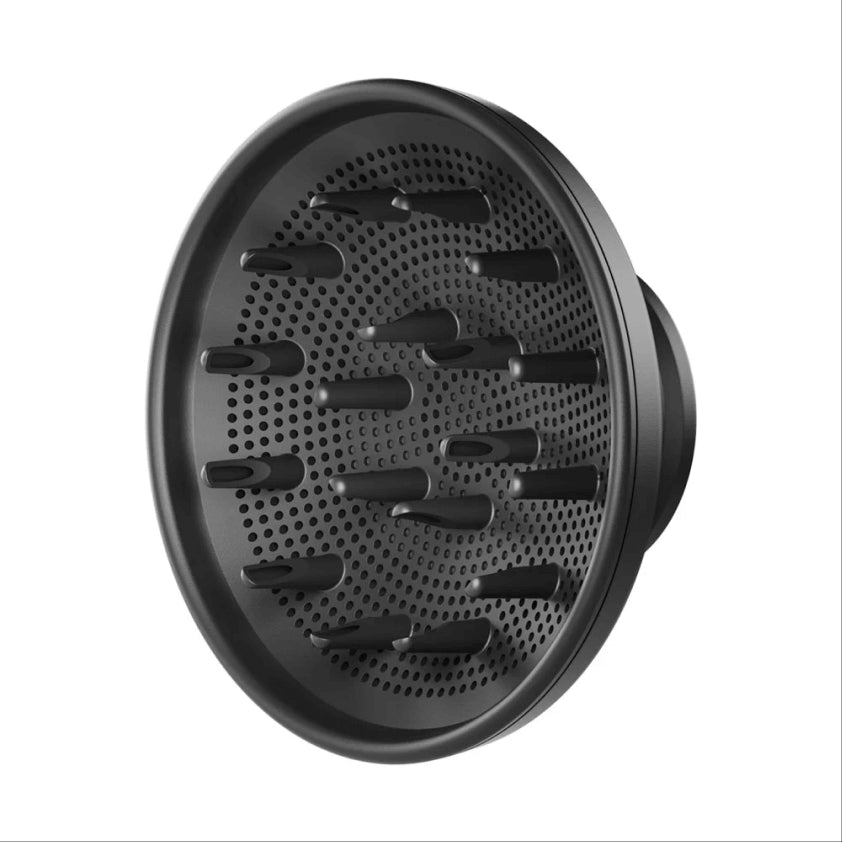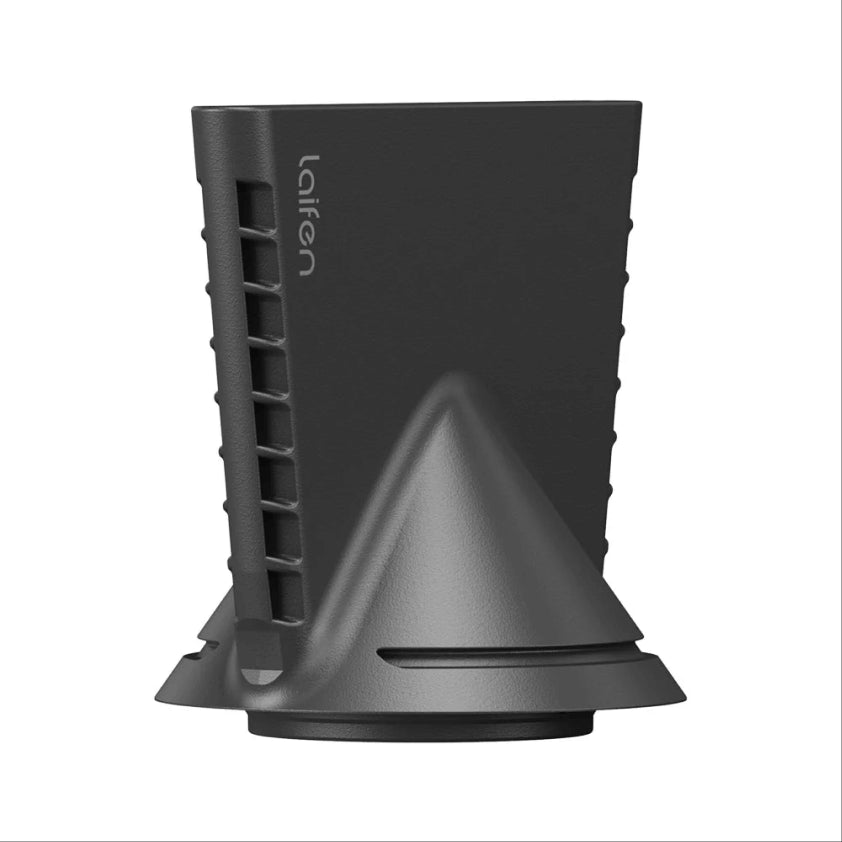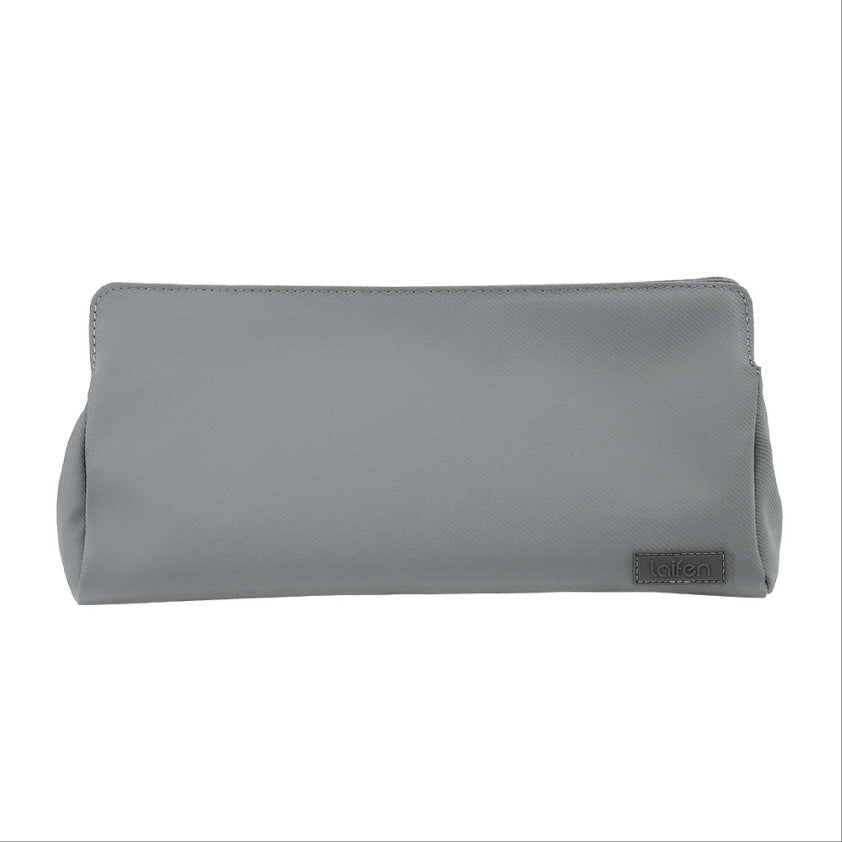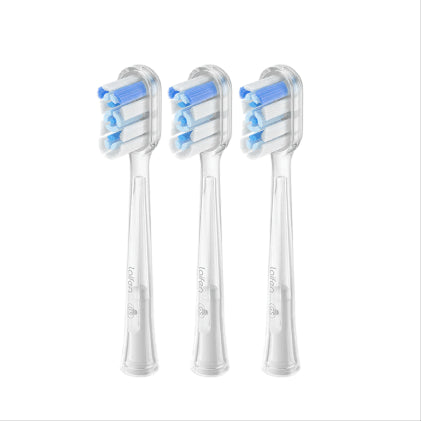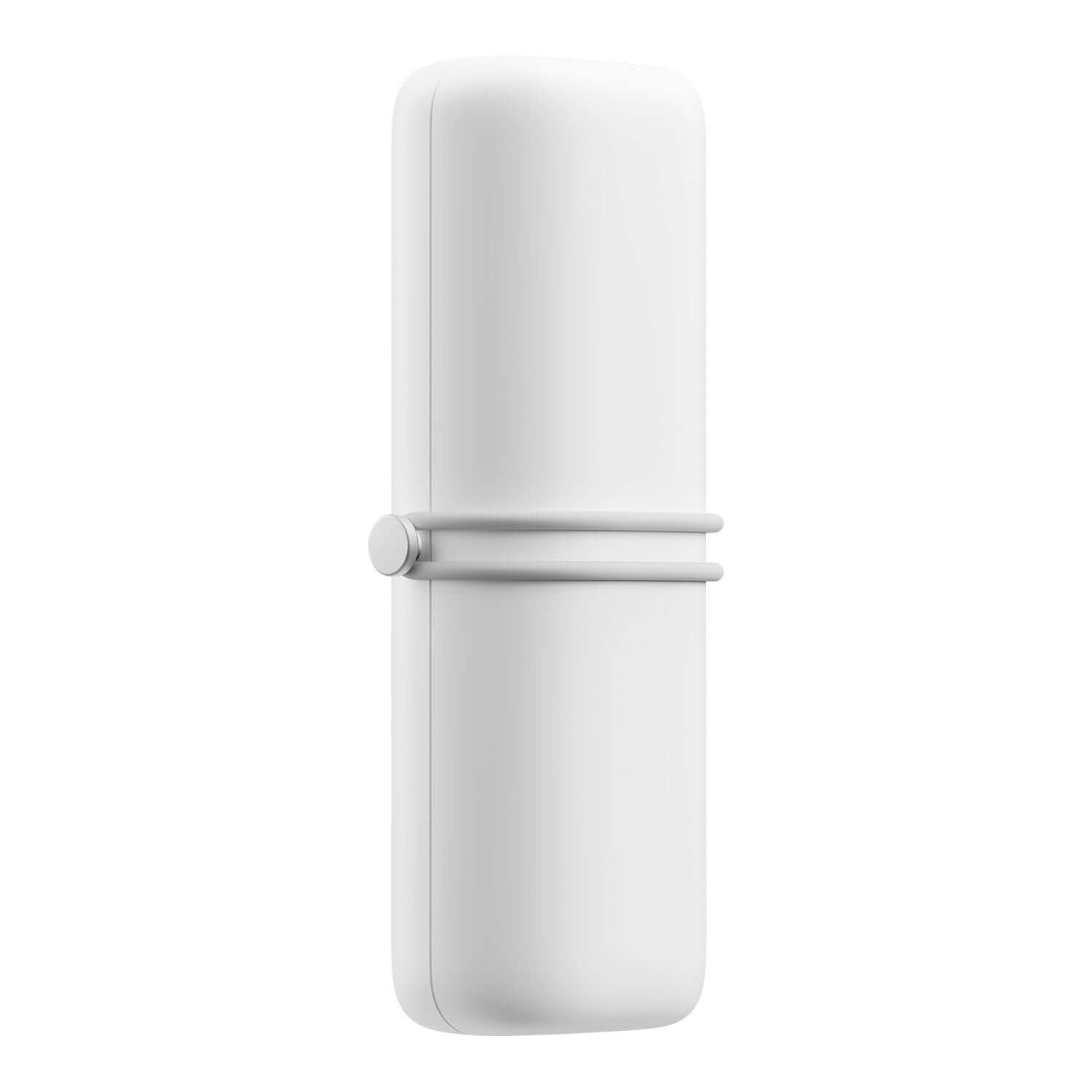Laifen blog
Explore hair dryer trends & hair care tips with Laifen's articles.

6 low maintenance medium length haircuts for straight & wavy hair
I will share with you best low-maintenance medium-length haircuts perfect for effortless style and easy upkeep. Find your next favorite look with these trendy and practical options.

7 finger wave hairstyles for short and long hair
Discover 7 stunning finger wave hairstyles for both short and long hair. Learn how to achieve these timeless, elegant looks with our easy-to-follow guide.
![8 great Goddess braids ideas [maintenance tips included]](http://ca.laifentech.com/cdn/shop/articles/goddess-braids_20x12_crop_center.webp?v=1719201527)
8 great Goddess braids ideas [maintenance tips included]
Goddess braids are taking over the hair scene, and for good reason. These thick, beautiful braids are not only stylish but also incredibly accomplished. Have you noticed how many celebrities...

Popular flat top haircuts of 2024 & guides to wear it
Looking for the coolest flat top haircuts of 2024? Check out these popular styles and guides on how to rock them like a pro!

7 shoulder length haircuts for thin hair
Looking for the perfect shoulder length haircut for thin hair? Check out our guide to seven stylish cuts that add volume and fullness effortlessly.

Foldable hair dryers: Style and convenience on the go!
Want to find the best foldable hair dryer to promote your travel experience? Laifen hair dryers currently are not foldable but high-speed, low-noise, and suitable for travel as well. You...

Can we kill bed bugs with a hair dryer?
Learn if a hair dryer can kill bed bugs with me. You can know its effectiveness as a home remedy for eradicating these pests from your living spaces.

Learn how to open an envelope with a hair dryer secretly
Learn how to open an envelope with a hair dryer, using heat to successfully loosen the adhesive without damage.









